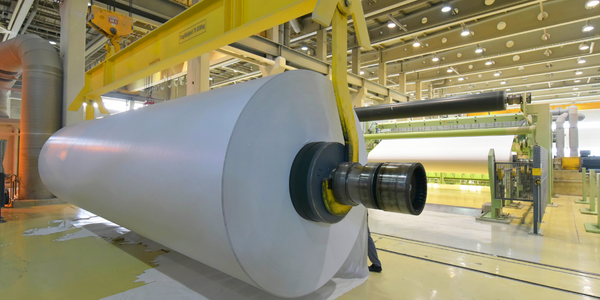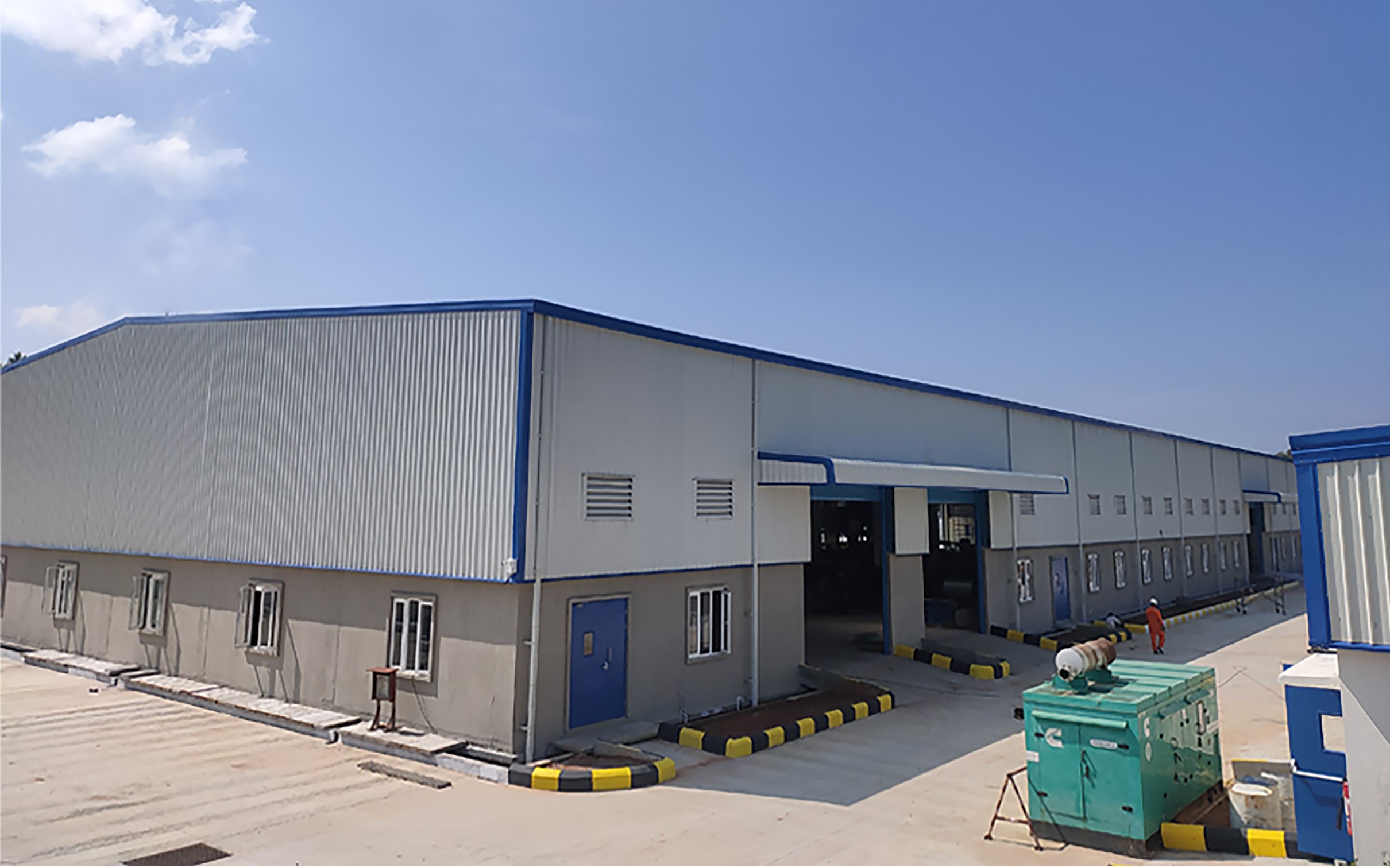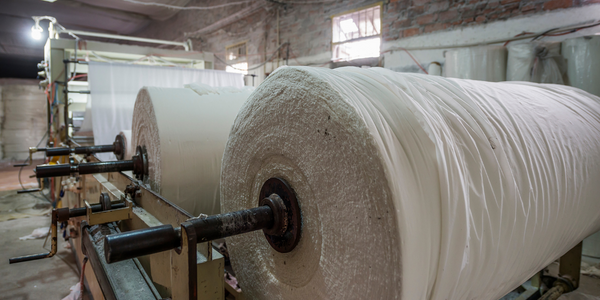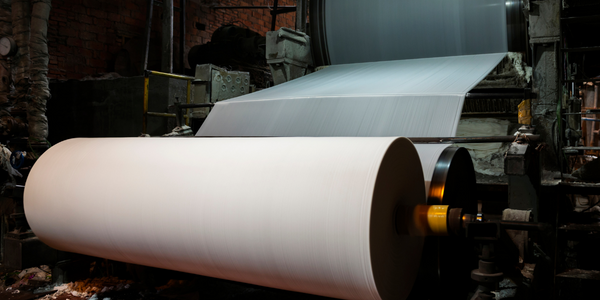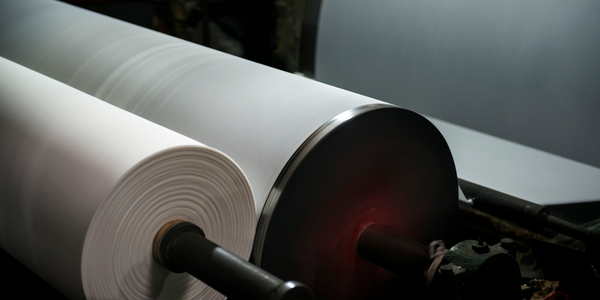Technology Category
- Functional Applications - Warehouse Management Systems (WMS)
Applicable Industries
- Paper & Pulp
Applicable Functions
- Procurement
- Warehouse & Inventory Management
Use Cases
- Last Mile Delivery
- Picking, Sorting & Positioning
Services
- System Integration
About The Customer
Tushy is a home goods company with a mission to transform the American bathroom to be more sustainable, healthy, and delightful through the use of bidets. Despite being a relatively small organization compared to industry giants, Tushy is ambitious and committed to reducing consumption, unnecessary material, and its carbon footprint. The company's COO and co-founder, Justin Allen, is involved in every aspect of the business, ensuring that every decision aligns with the company's core pillars. Tushy faced a significant challenge during the nationwide toilet paper shortage, which led to a surge in demand and put pressure on their supply chain and fulfillment processes.
The Challenge
Tushy, a small organization aiming to transform the American bathroom with bidets, faced a significant challenge when a nationwide toilet paper shortage led to an unprecedented surge in demand. The company's COO and co-founder, Justin Allen, was involved in every aspect of the business, from marketing to supply chain, and was committed to making decisions that reduced consumption, unnecessary material, and the company's carbon footprint. However, the sudden increase in demand led to a six-week wait for backorders, putting pressure on the company's supply chain and fulfillment processes. Furthermore, Tushy's existing systems struggled with warehouse fulfillment, managing inventory and orders across warehouses, and splitting orders, leading to frustration and a lack of control.
The Solution
Six months before the pandemic, Allen and CEO Jason Ojalvo had sought a solution to handle scale order fulfillment in anticipation of growth. They chose Skubana, an order management system, which proved to be one of the best decisions they made. Skubana helped Tushy scale from one to three 3PLs, navigate the 10x to 20x increase in demand, and pivot seamlessly. In the two weeks following the crisis, Skubana and Tushy managed to cut lead times from 60-90 days to 20-25 days. Skubana also enabled Tushy to create a virtual warehouse to track their pre-orders and move them to the warehouse best suited for fulfillment. With Skubana, Tushy gained more control over their fulfillment process, allowing them to reduce fulfillment time frames and deliver products to customers faster.
Operational Impact
Quantitative Benefit

Case Study missing?
Start adding your own!
Register with your work email and create a new case study profile for your business.








